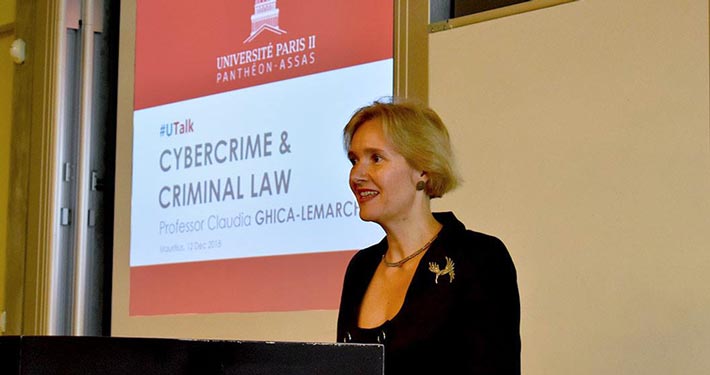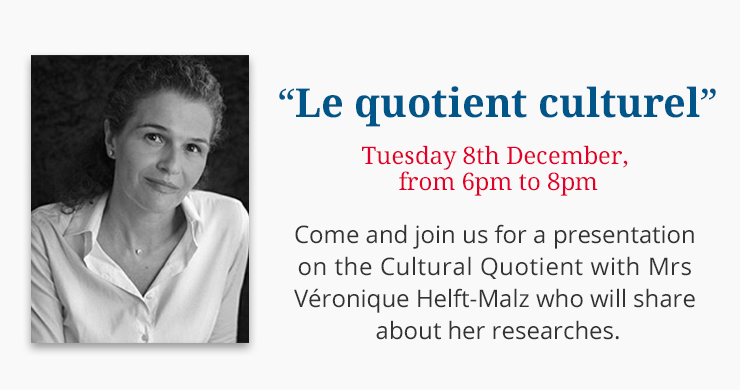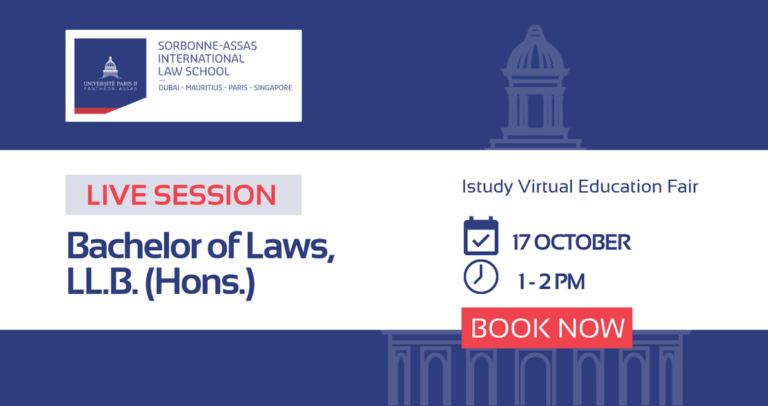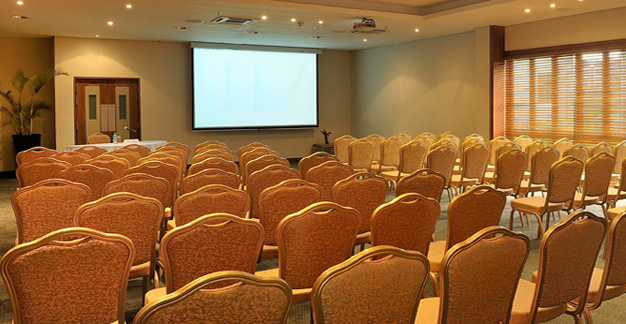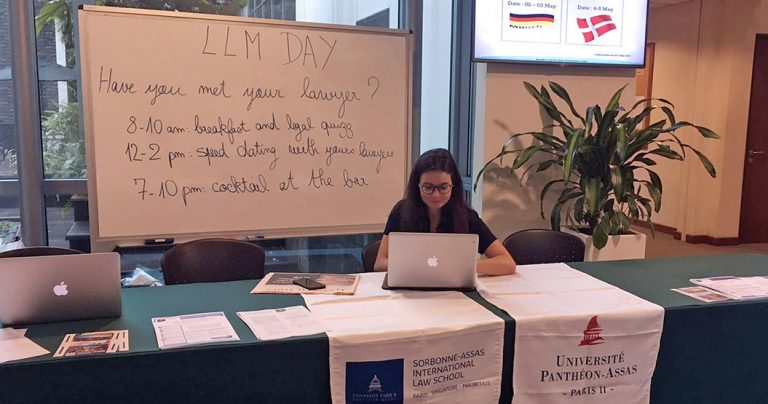[Workshop] Who are the experts? Crossing international perspectives from the social sciences
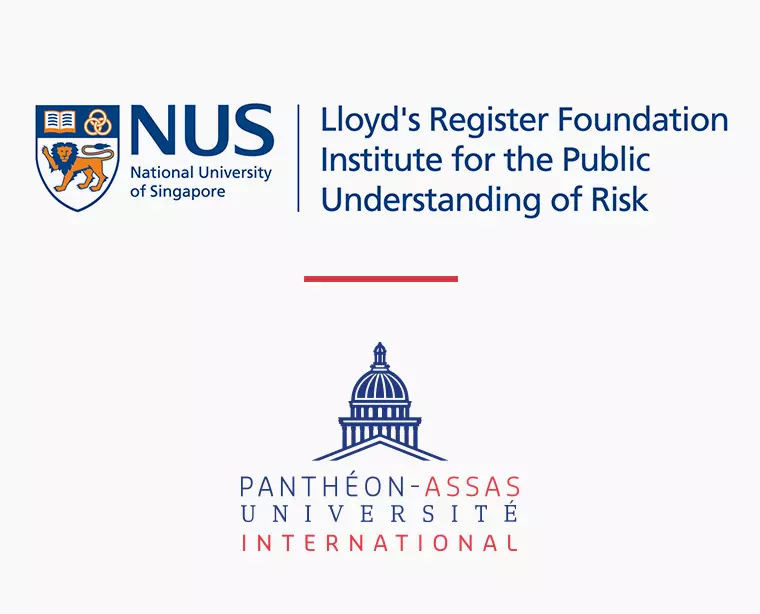
The Workshop “Who are the experts? Crossing international perspectives from the social sciences” aims to bring together perspectives on the nature and role of experts from the management science, public policy, psychology and other social science disciplines. This event is organized by Claire Picque-Kiraly, Associate Professor, Paris-Panthéon University and Olivia Jensen, Lead Scientist, Institute for the Public Understanding of Risk, National University of Singapore.
At a time when experts are increasingly mobilised, and sometimes vilified, in public debates, as we have seen in the context of the COVID-19 pandemic and the climate emergency, the figure of the expert crystallises tensions relating to decisions with far-reaching impacts and subject to uncertainty (Anderegg et al 2010, Boin et al 2020). The identity, legitimacy and role of experts in decision-making is increasingly discussed, debated and questioned in the media as well as in the academic literature (Christensen 2020, Nichols 2017). The position of the expert is particularly controversial in domains characterised by high levels of ambiguity and uncertainty surrounding the likelihood and impact of future events and associated protective actions. The workshop therefore has a special focus on the role of the expert in risk assessment.
Even though these tensions are global, and are relevant to public institutions, enterprises and civil society organisations, the study of the figure of the expert is currently fragmented between different academic fields. The role of the expert in policy-making is studied by scholars in the field of public policy and public administration, while the expert in private enterprises is addressed within Management Science (Bobadilla & Gilbert 2015, Lelebina & Gand, 2018, Picque-Kiraly, 2019).
This workshop adopts a multi-disciplinary approach to enrich scholarly understanding of the figure of the expert: their characteristics and corresponding definitions, roles, perimeter of action, and issues of legitimacy and trust. This will ultimately help to improve the management of experts across organisational types and to involve experts effectively in decision-making processes to address pressing societal challenges.
Selected papers should address one or more of the following questions:
- How can “expert” be defined? What are the characteristics of an expert and how are they identified within organisations?
- What are the roles of experts within organisations in relation to risk assessment and management? How are experts managed within organisations?
- What roles do experts play in public decision-making under conditions of risk and uncertainty?
- What are the configurations of interaction between experts and non-experts in organisational settings? Which factors influence the effectiveness of these interactions?
- How do non-experts perceive experts and expert advice? Under what conditions are they likely to act on it?
- How do experts perceive non-experts? How does this affect their role in decision-making?
- How do perceptions of risk differ between experts and non-experts and what avenues are available to bridge the gap?
Submission of proposals
Paper proposals should include a title, an extended abstract (3000 words maximum), and a brief personal biography of 150 words for submission by 17 May 2023. Please also include a statement stating whether your paper has been published or is under review.
Professional testimonies and feedback from experience are also welcome.
Please submit your proposal using the provided template to jaredng1@nus.edu.sg. Successful applicants will be notified by 16 June 2023. Extended abstracts or full drafts of papers by panel presenters will be circulated to fellow panellists and discussants in advance. Drafts need not be fully polished. Indeed, we expect that presenters will be open to feedback from fellow participants.
This hybrid conference will accommodate both in-person and online participants, as needed. Please note that we are not able to fund travel costs. Limited funding may be available for accommodation costs. Please indicate in the proposal form if you would like to apply for funding support for accommodation.
There is no registration fee for the workshop.
Workshop convenors
Singapore: Dr Olivia JENSEN
Lead Scientist, Institute for the Public Understanding of Risk, National University of Singapore
→ Email : olivia.jensen@nus.edu.sg
France: Dr Claire PICQUE-KIRALY
Maître de Conférences, Université Paris-Panthéon-Assas
→ Email: Claire.Picque-Kiraly@u-paris2.fr
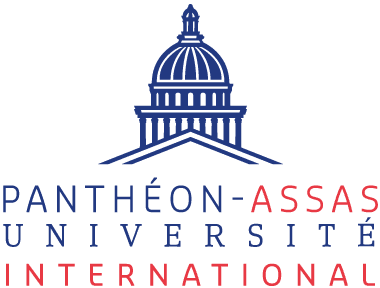
![[Sile-accredited seminar] International Structured Finance and Derivatives](https://assas-international.com/wp-content/uploads/2017/03/Presentation-seminaire_Dafir-2017.jpg)
